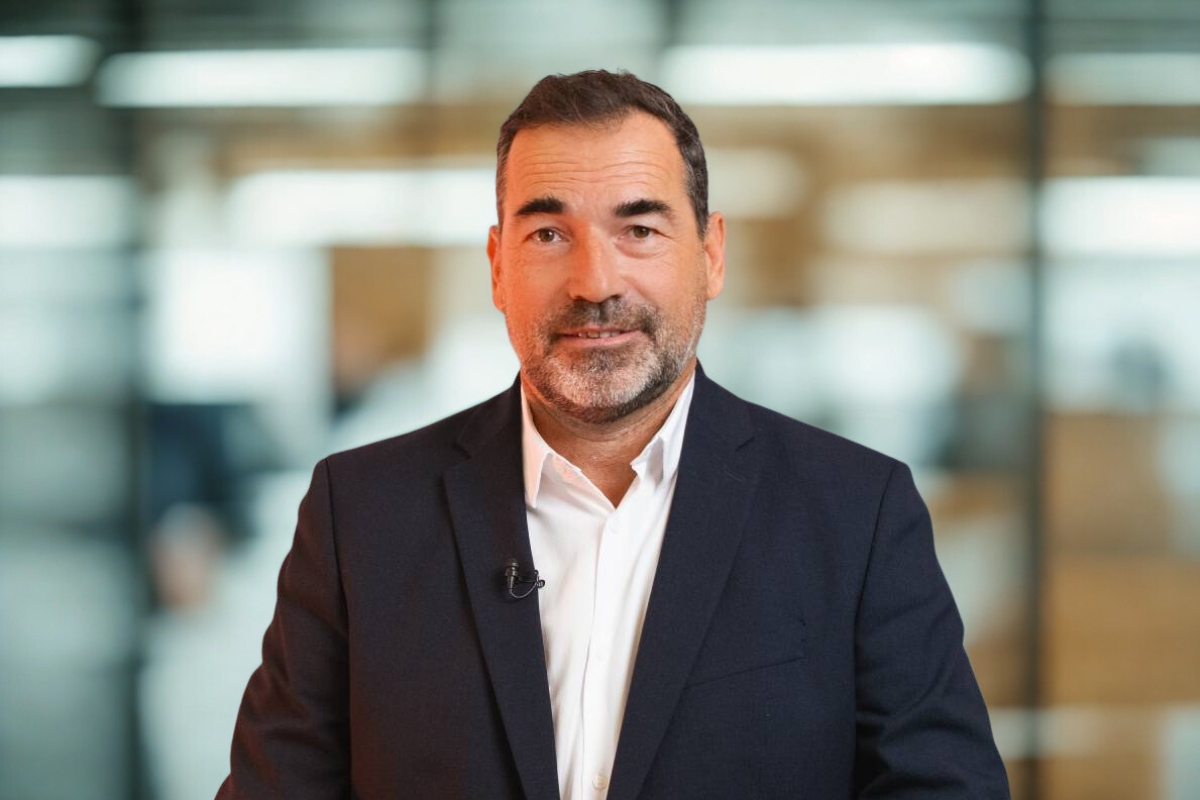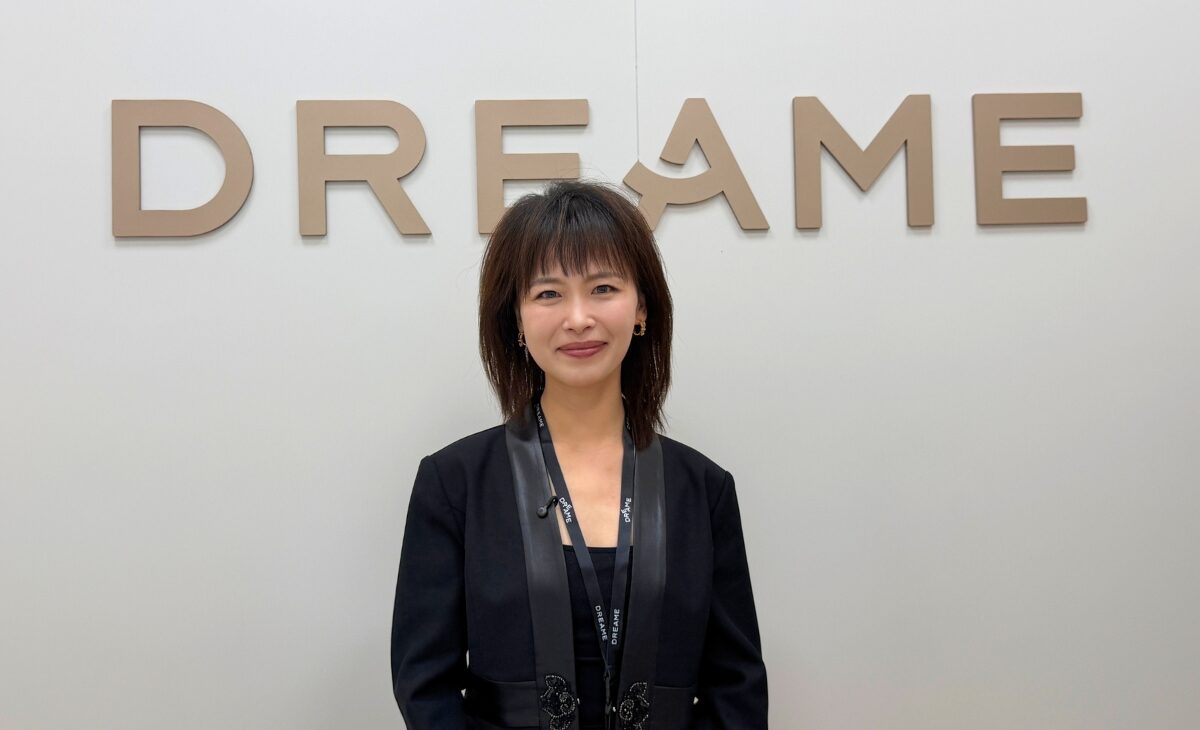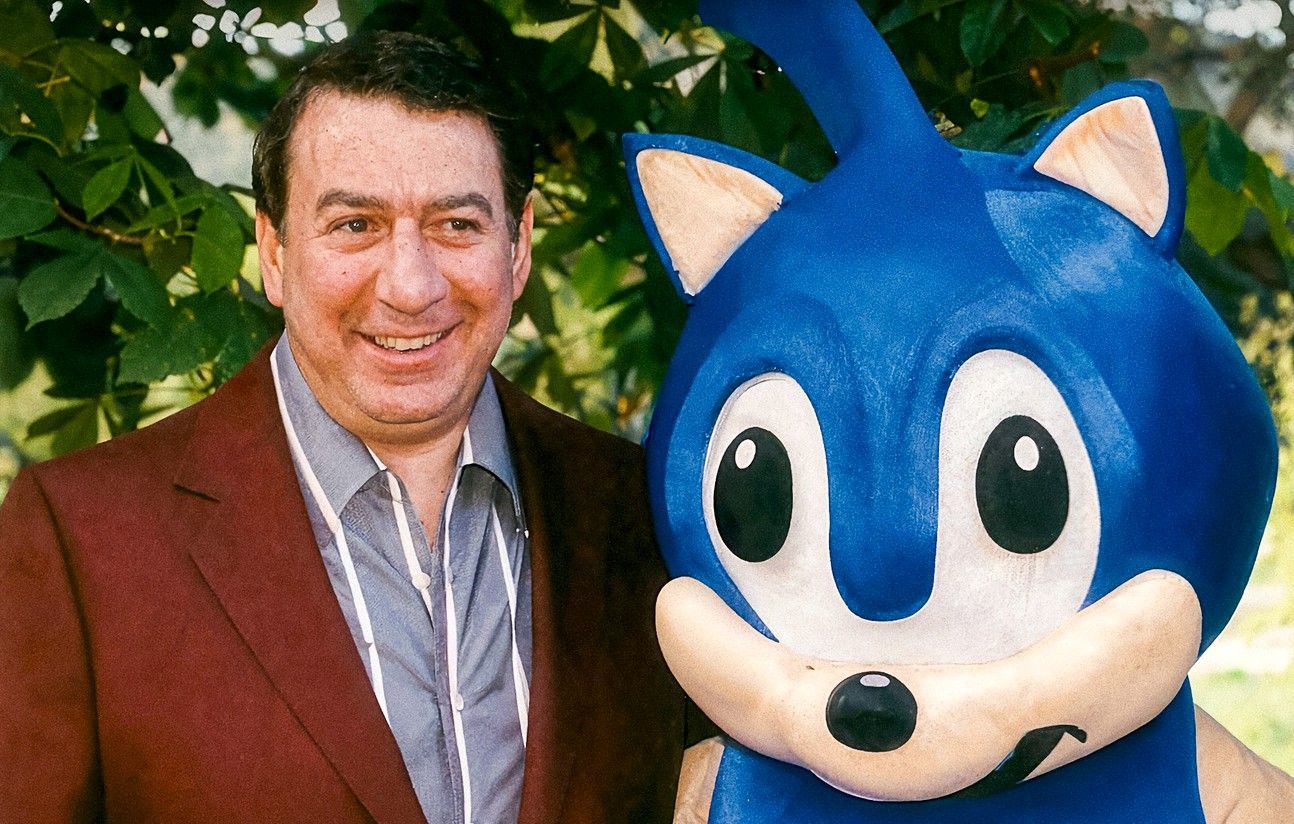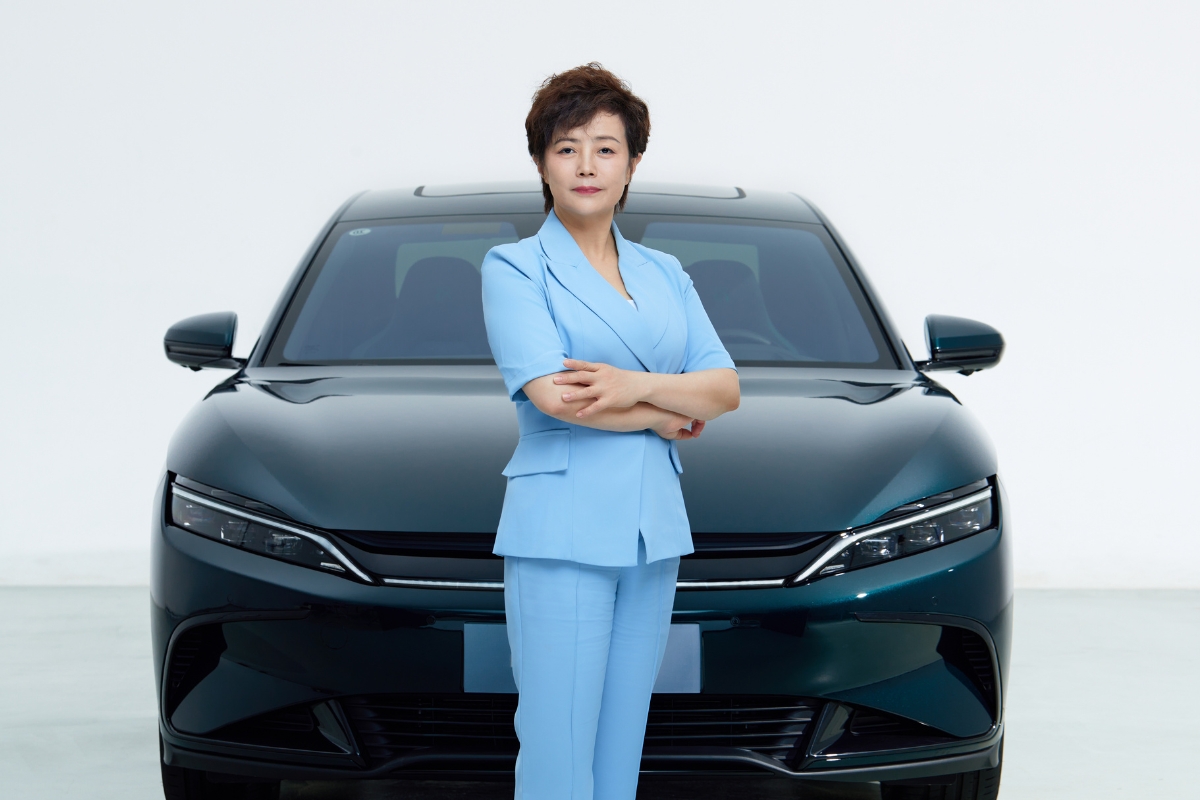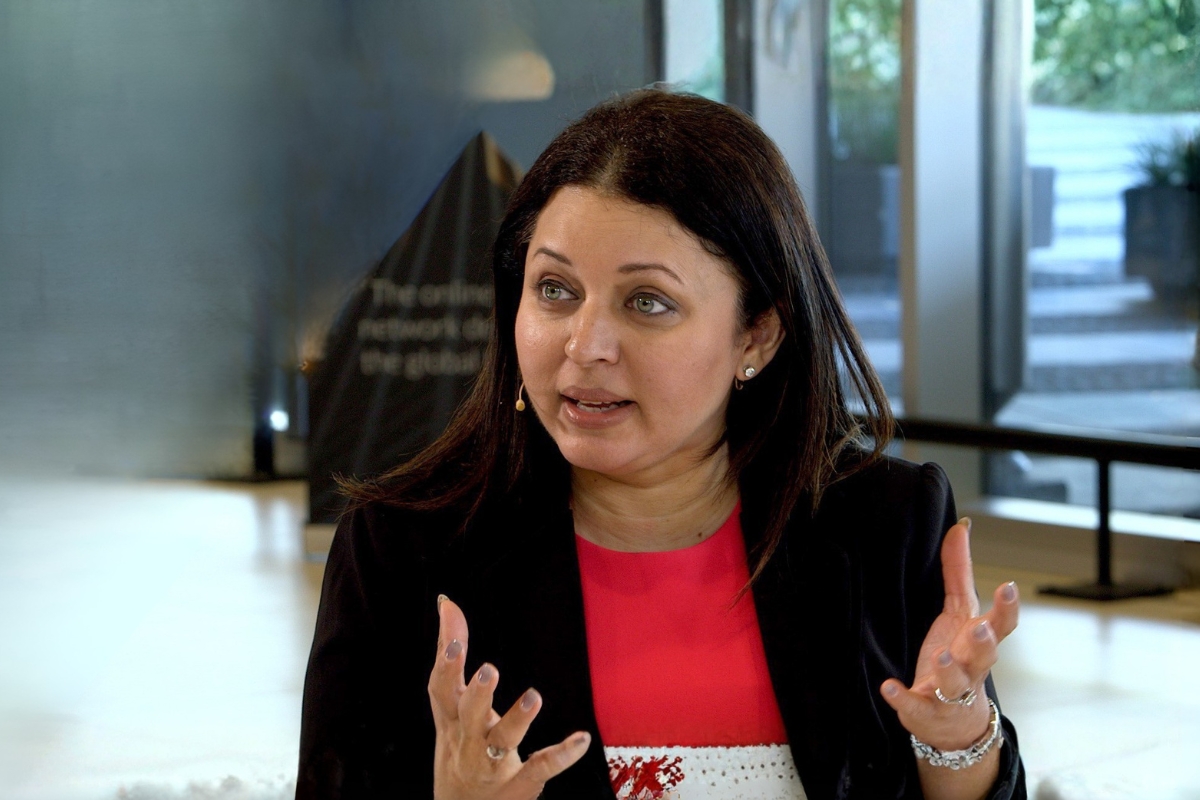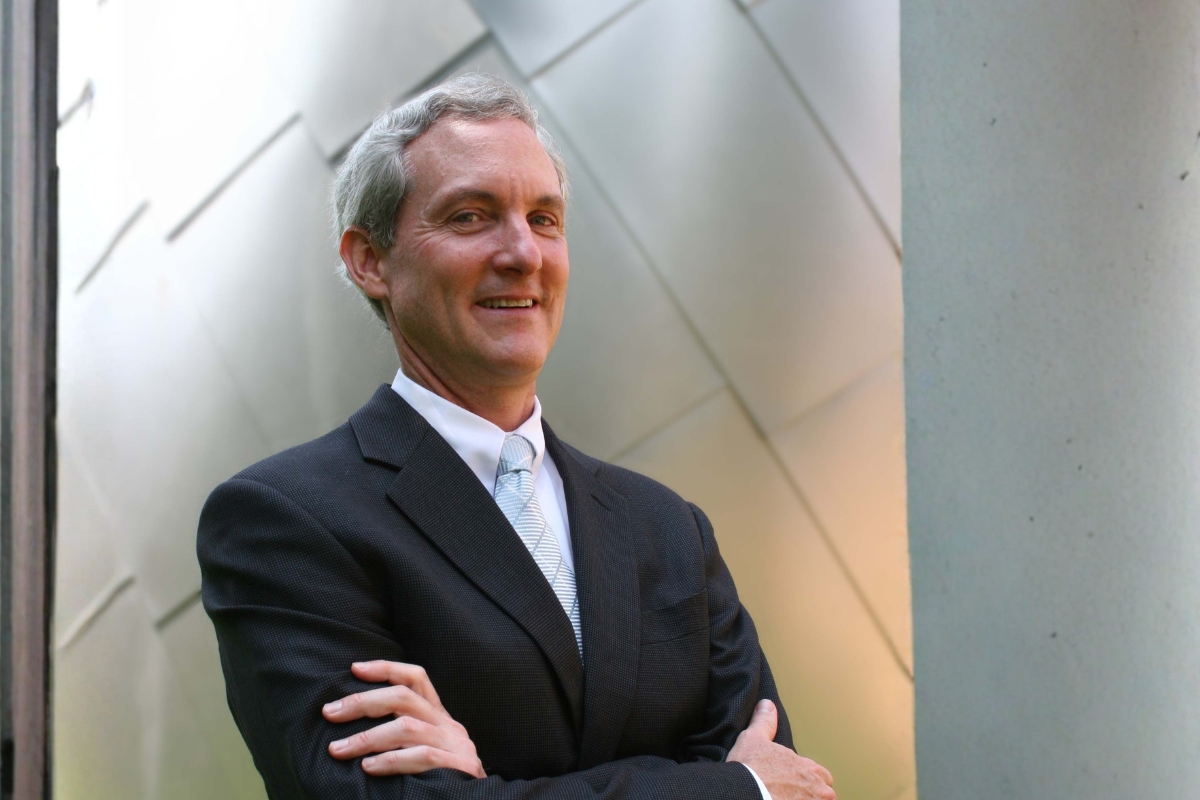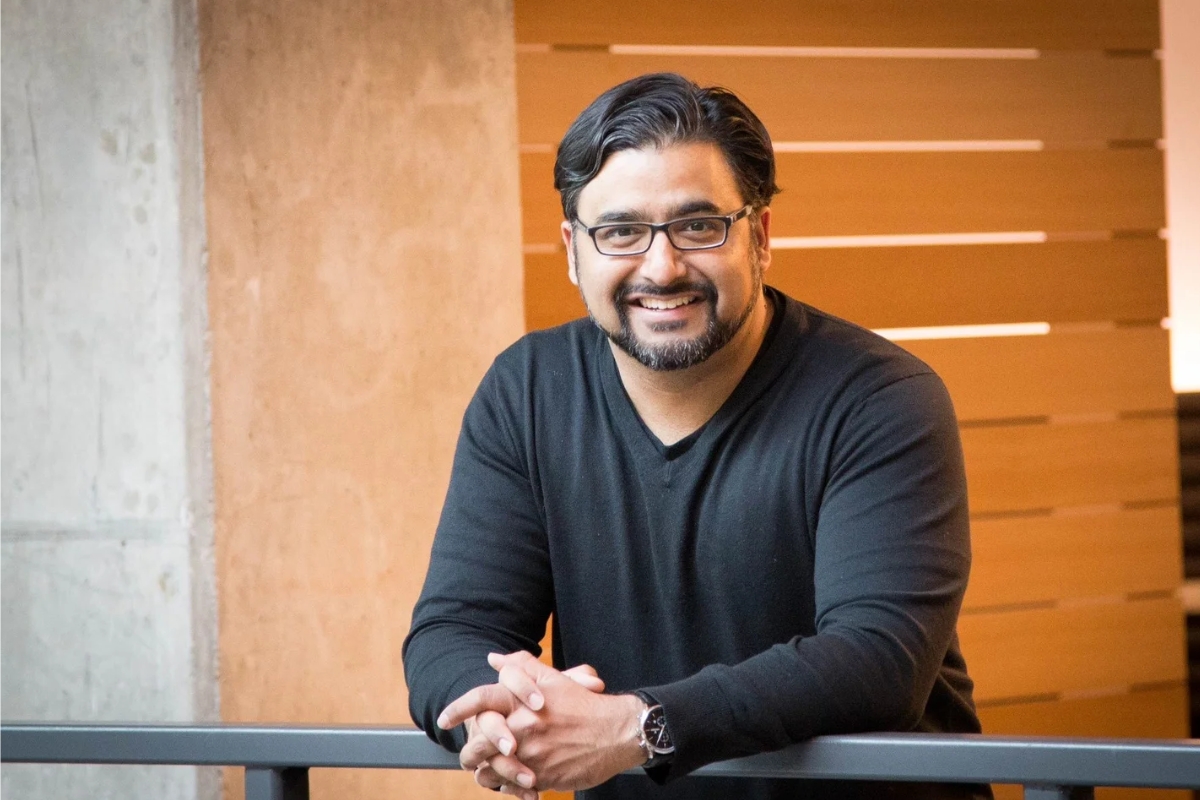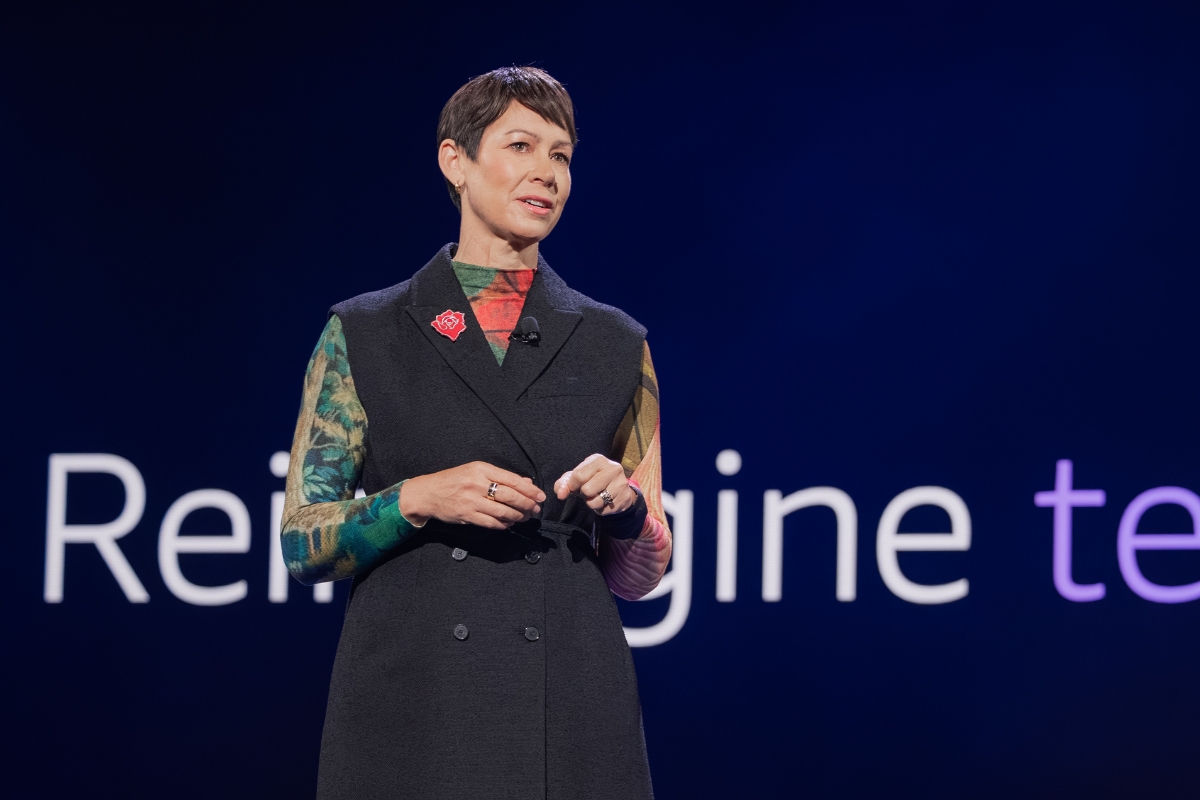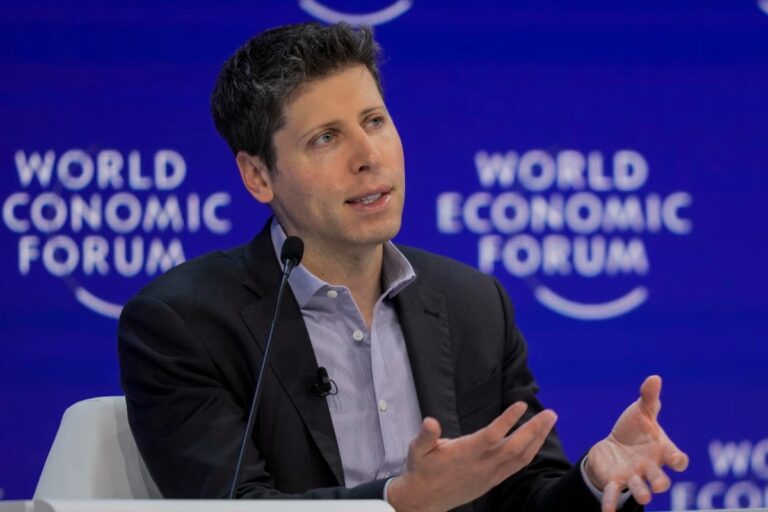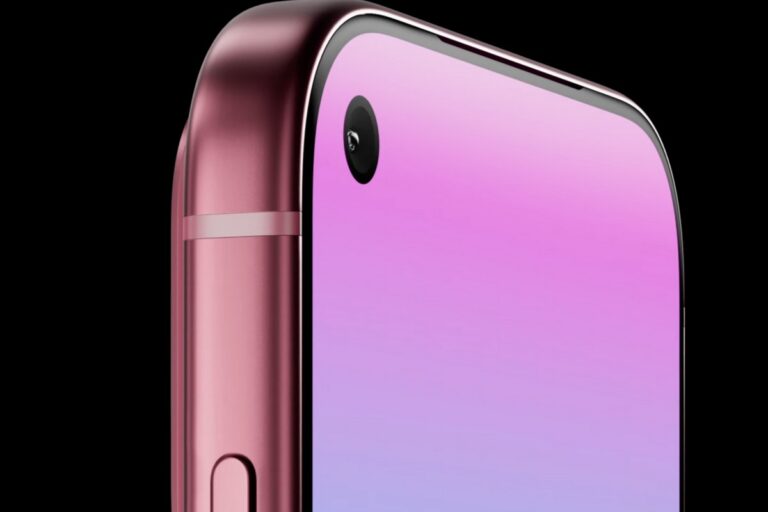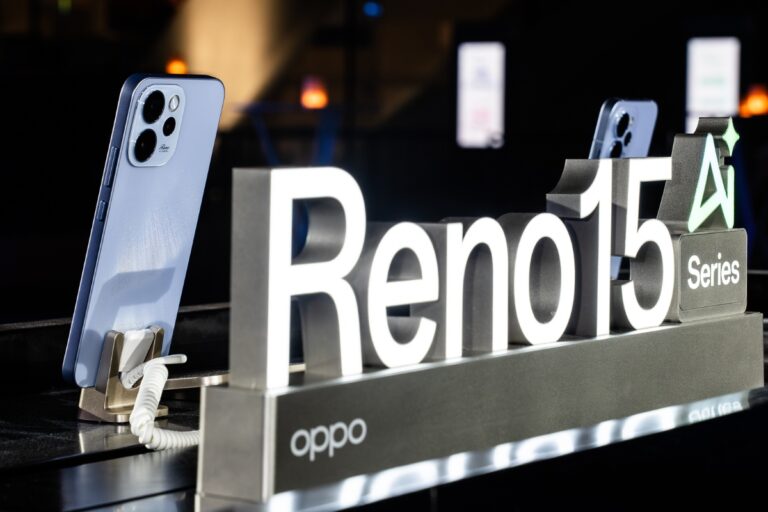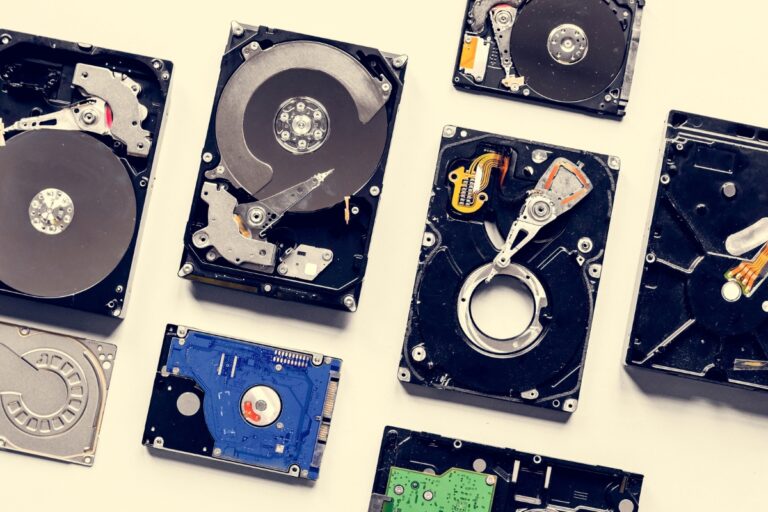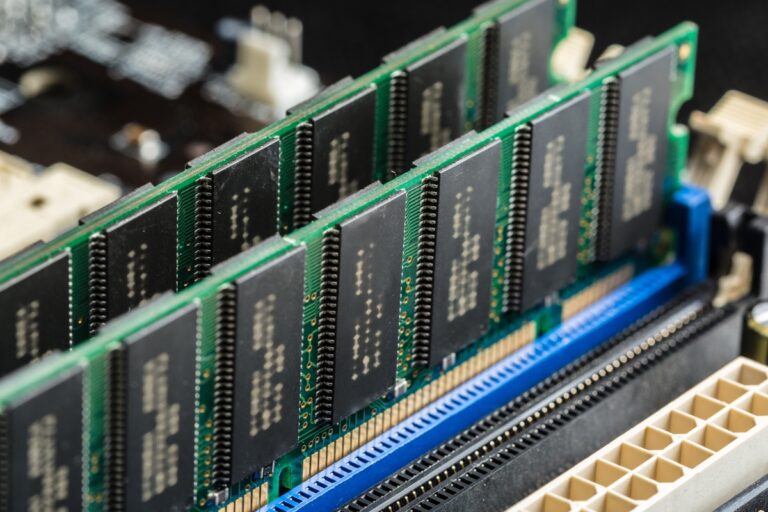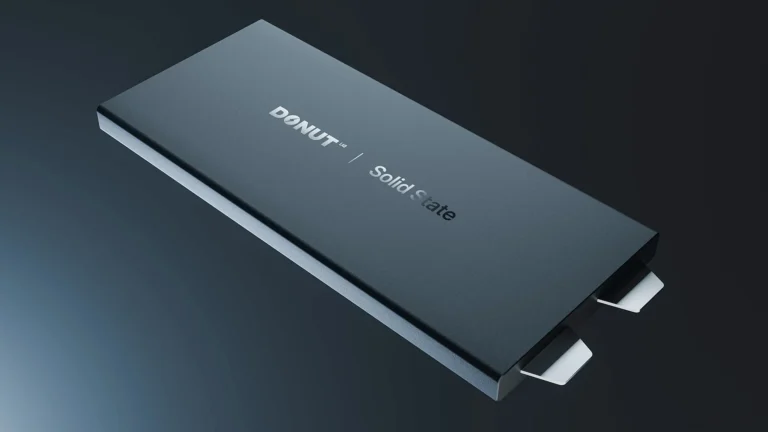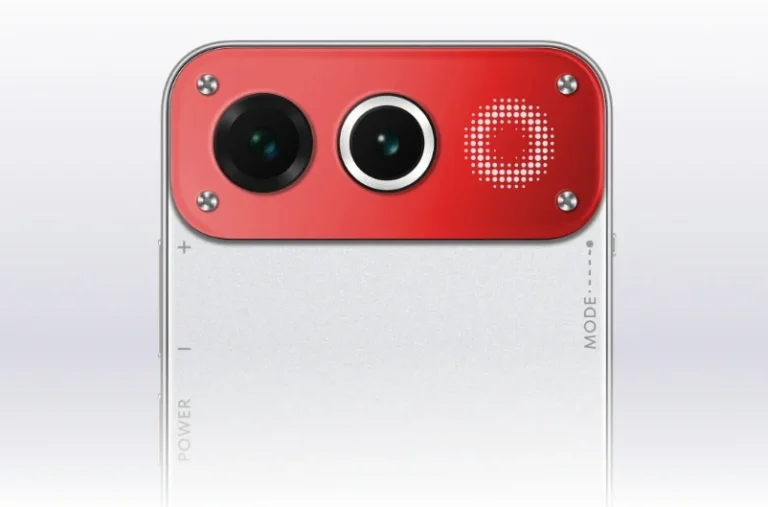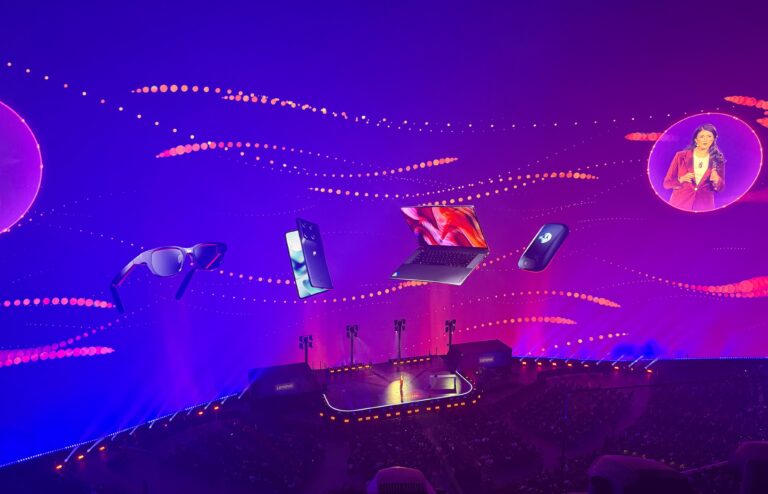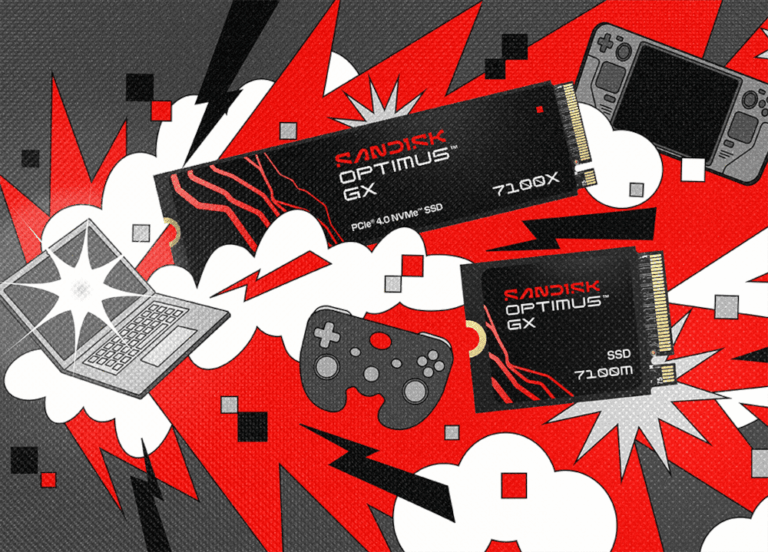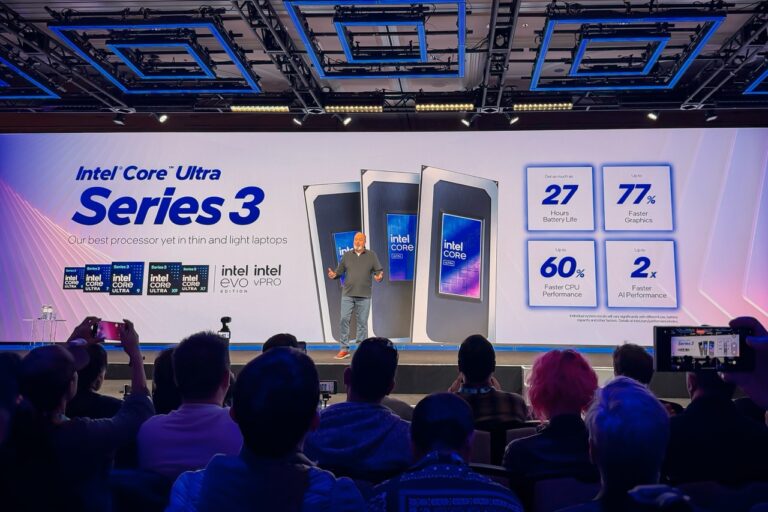Innovation as a Way of Life: James Dyson
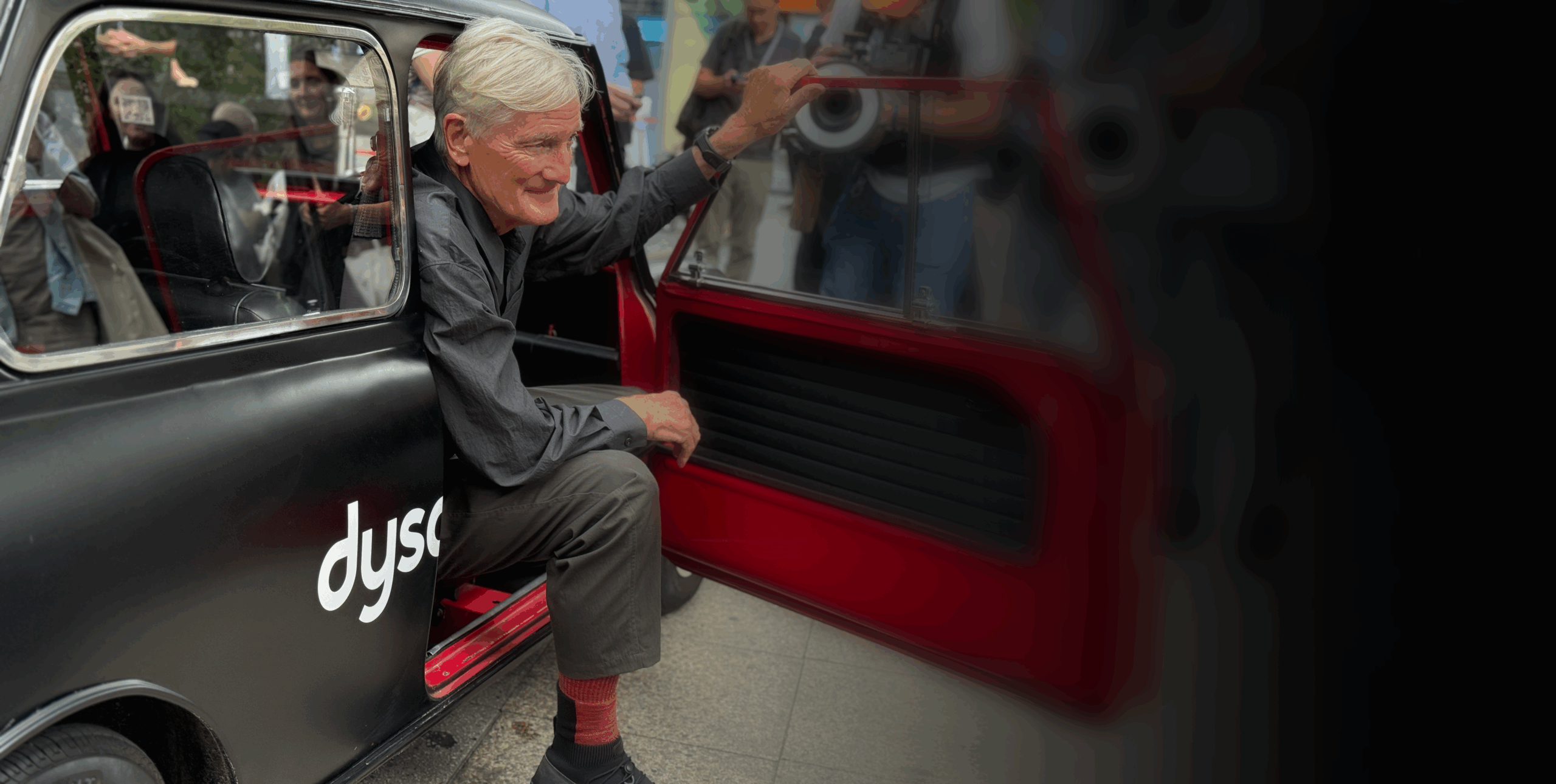
For decades after its invention in the early 20th century, the vacuum cleaner was an intriguing device, though nonetheless flawed. It was useful, but had its share of issues: Dust bags were inefficient, and the machines often polluted the very air they were supposed to clean. Many accepted this as a side effect of convenience, but James Dyson, a young mechanical engineer at the time, refused to accept it. He believed the vacuum could be reinvented, and he set out to do just that.
Where many inventors quit after a handful of failed prototypes, Dyson kept going. Fifteen years later, he amassed 5,126 unsuccessful prototypes. The 5,127th attempt finally worked. It became the foundation of Dyson’s first bagless vacuum and marked the beginning of the company that now bears his name.
The successful prototype was just the start. Manufacturing and distributing the vacuum in his home country, the UK, proved nearly impossible. So, Dyson looked for an alternative, and on the other side of the world, he found it in Japan. That persistence became part of Dyson’s DNA. Experimentation, setbacks, and breakthroughs were not exceptions; they were the method.
Recently, at Dyson’s flagship store in Berlin, MENA Tech attended the launch of a new generation of Dyson products and participated in a roundtable where Sir James Dyson openly discussed innovation and shared the philosophy that has guided him for decades.
The Courage to Break the Rules
“True innovation is not born from surveys,” Dyson exclaimed, “It is born from vision and courage.”
He argued that although user feedback is important, it cannot dictate breakthrough design. Sometimes, innovation requires challenging the consensus, even if research indicates that it may not succeed. He recalled early surveys claiming people didn’t want to see the dirt in their vacuums. Retailers refused to stock his clear-bin design. “But we trusted our instincts,” Dyson said, “and it worked.”
Copying Isn’t Competition; It Is Unethical
Dyson has strong words for imitators: “Some say copying is good for consumers because it creates competition. I believe the opposite. It gives people fewer choices in the long run.” He explained how, unlike original creators, copycats do not risk failure or invest in research. He compared it to piracy in music: “We do not allow copying in art, so why tolerate it in industry, where the stakes are even higher?”
Failure Is Part of Innovation.
Dyson’s career demonstrates that failure is not necessarily a barrier, but rather an opportunity to learn. “Sometimes things work, sometimes they do not,” he said. “We are used to failure, because anyone who experiments must also fail.” The company still maintains this mindset, seeing setbacks as stepping stones instead of dead ends.
Technology Should Work Quietly for the User
From the beginning, Dyson’s goals were to create technology that improves people’s lives without being intrusive or overly obvious. Today, that means AI-powered vacuums that can recognize floor types, adjust suction, or plan cleaning routes—all without requiring users to think about their complexity. Dyson offered another example of AI use, where motors run at different speeds depending on altitude. “We have been using AI for a long time to solve problems like this. Today, of course, we use it even more.”
Thirty-plus years after its founding, Dyson as a company continues to thrive by adhering to the same principles: constantly experimenting, challenging conventions, and embracing risk. This approach has encountered many obstacles and resistance, but it has also driven ongoing growth and global recognition. For Dyson, innovation is not just a department or a strategy; it is a way of life.


